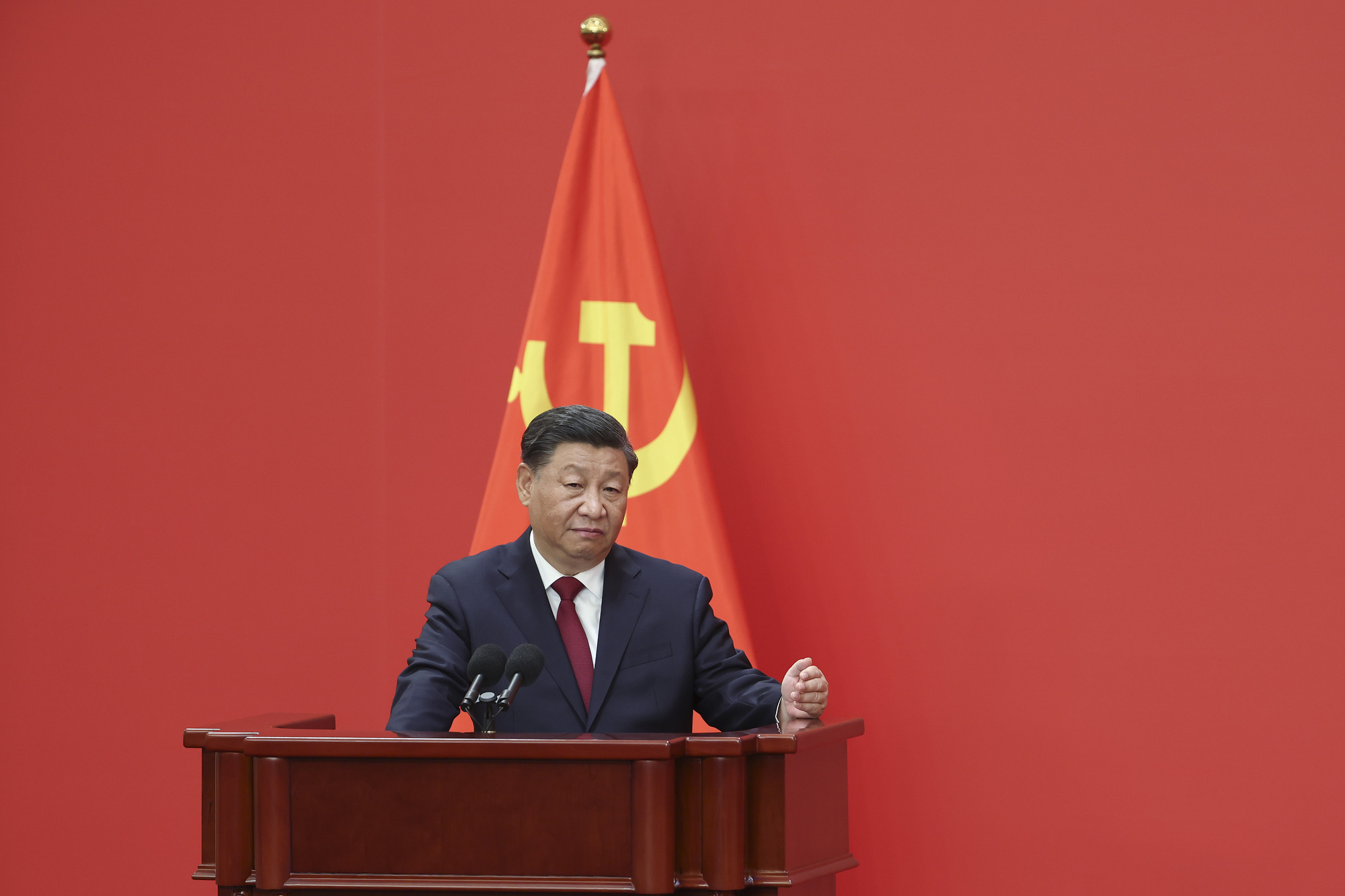Steady as she goes. That was the message from the Third Plenum of the Chinese Communist Party, which concluded yesterday. Watched closely as an indicator of the ruling elite’s policy intentions, the communique that emerged from the meeting suggested no major change to the country’s economic direction.
But Xi Jinping saying everything is going to plan is starting to sound a bit like Joe Biden saying he’s going to beat Donald Trump in November’s election. Because in an unfortunate piece of timing, as the Plenum began the Chinese statistical agency reported that economic growth had recently fallen below the talismanic 5% figure.
For quite some time, economists have been warning that the current Chinese growth strategy is running out of road. Building manufacturing industries to export to the world has delivered Beijing the phenomenal rise in income it has experienced in the last 30 years. However, there’s only so much capacity on the planet to absorb Chinese products.
Decades of cheap Chinese goods flooding the world enabled Western shoppers to keep shopping and Western firms to reap the profit bounty by outsourcing production to China. But that also led to the decay of industrial heartlands, stirring the rise of populist politicians who made their names on bashing China. Now those populists are in power or knocking at the doors across the West. With a second Trump presidency currently looking likely, the reception Chinese trade delegations will receive on their travels will get even frostier.
Yet the response in Beijing has been to double down on export promotion with subsidies and supply-side reforms that will cut the cost of doing business. Still, the fundamental imbalance remains: China exports far more than it imports, and buys relatively little of what it produces.
While the government could reinvigorate the economy by reducing its export subsidies and instead using the money to raise local incomes, thereby enabling Chinese consumers to buy more of what their factories are producing, the leadership is so far resisting such an approach. Xi Jinping dislikes “welfarism”, and wants to build Chinese supply chains across the globe so as to secure his nation’s future.
Instead, the Plenum communique referred to the need to “maintain social stability” and “strengthen public opinion guidance”, a hint that if the social situation deteriorates, greater repression may be in order. These are not the words of a self-confident ruling party.
But in the long term, this approach doesn’t look sustainable. Throughout Chinese history, the “Mandate of Heaven” has always been an essential component of the country’s social contract: the leaders can enjoy absolute power, provided they deliver the goods. In a country that has always had strong regional power centres, maintaining control by force alone seldom works over anything more than the medium term.
The social contract between the Communist Party and the Chinese people has itself been a simple one. In return for giving up Western-style freedom and democracy, their government will deliver them Western-style prosperity. Until now, that has worked. But in recent years, as the economy began slowing, social discontent began rising. So far this hasn’t burst into open protest. but the eruption of civil unrest during the Covid lockdowns shows just how difficult it can be to maintain social order in a country of over one billion people.
That’s why the 5% growth target has assumed such importance, standing as proof that the governing class is keeping its end of the bargain. So we needn’t be surprised if later in the year the government caves and engages in some kind of demand-focused stimulus spending, if only to juice the figures enough to hit their target.











Join the discussion
Join like minded readers that support our journalism by becoming a paid subscriber
To join the discussion in the comments, become a paid subscriber.
Join like minded readers that support our journalism, read unlimited articles and enjoy other subscriber-only benefits.
Subscribe